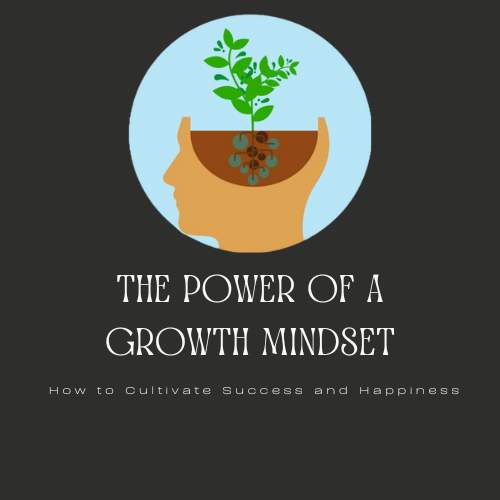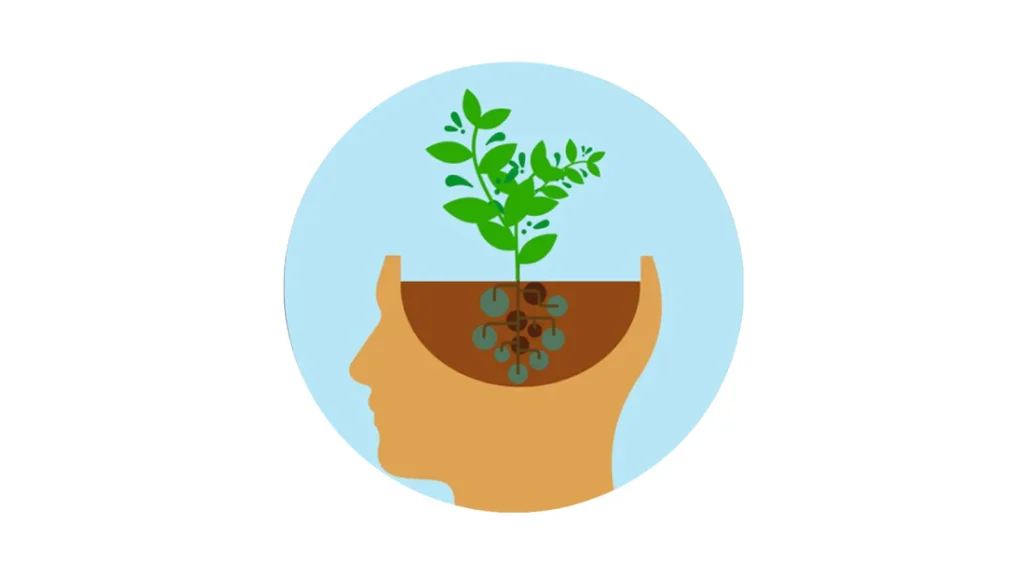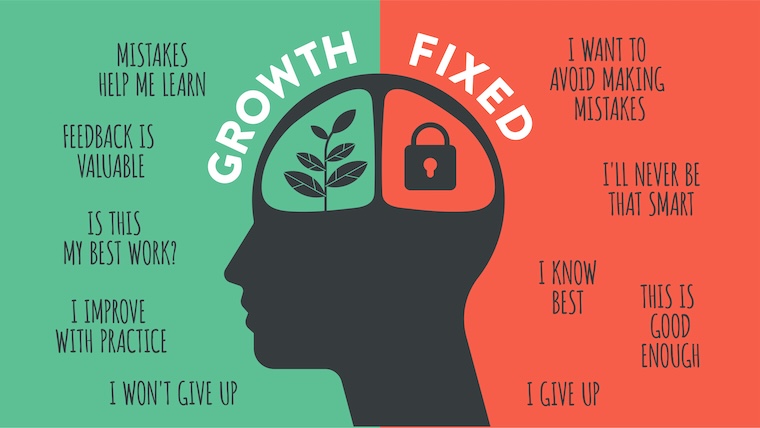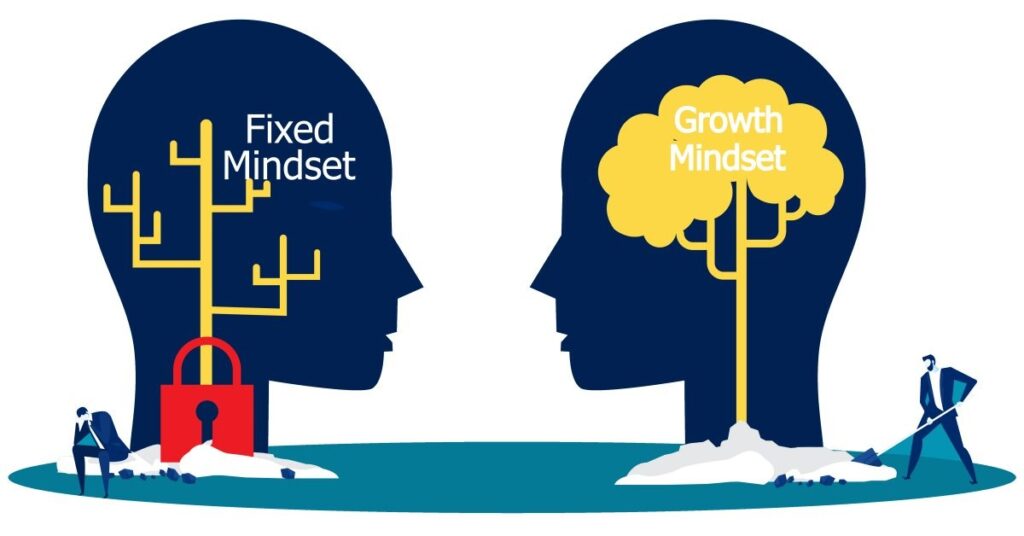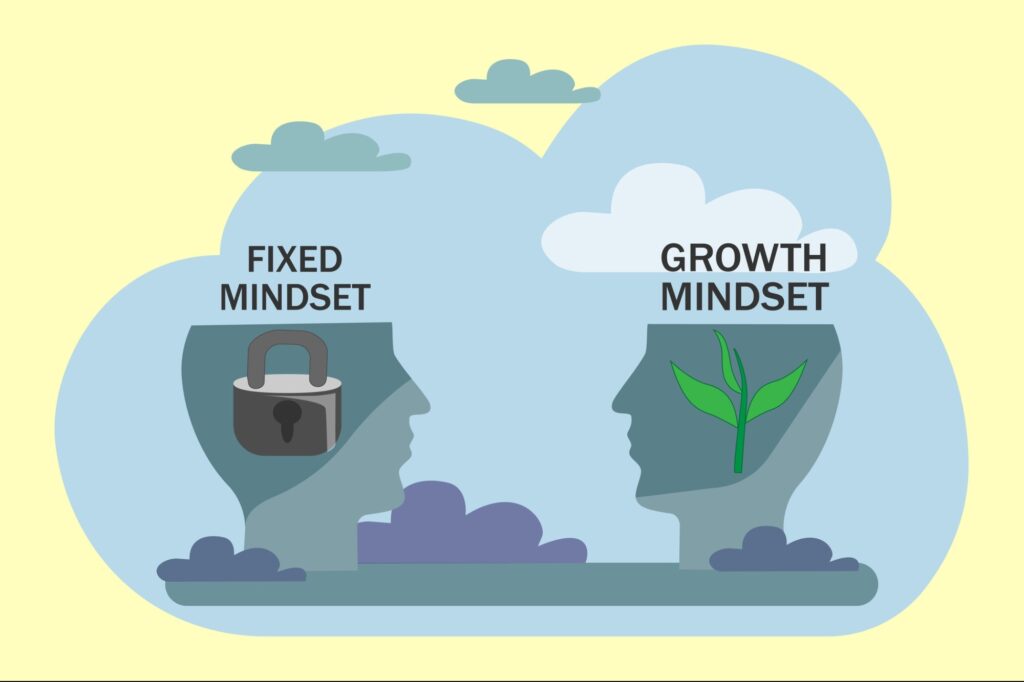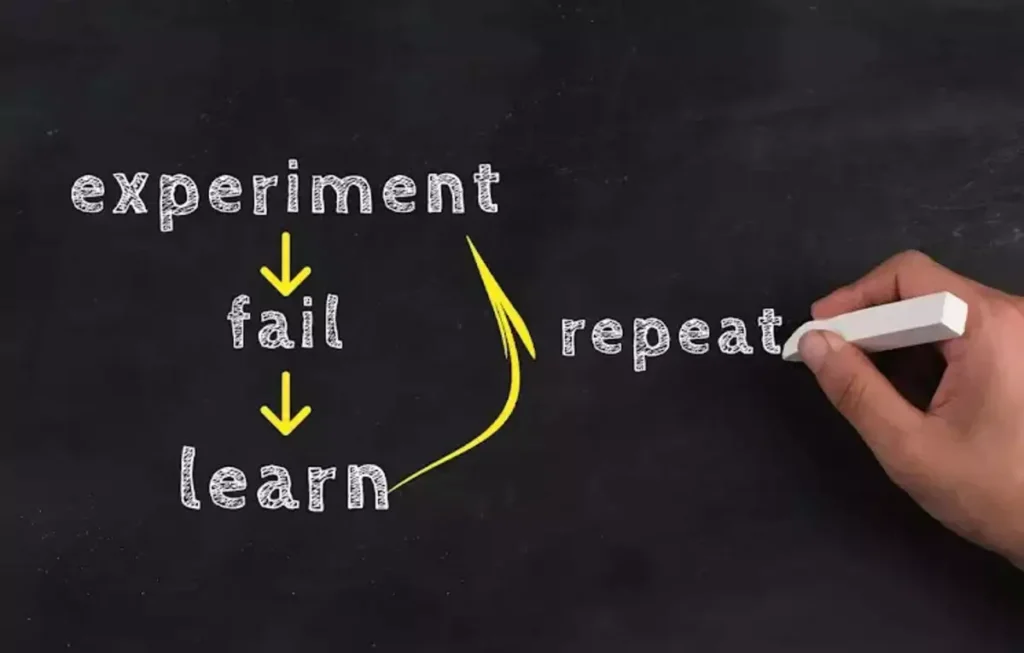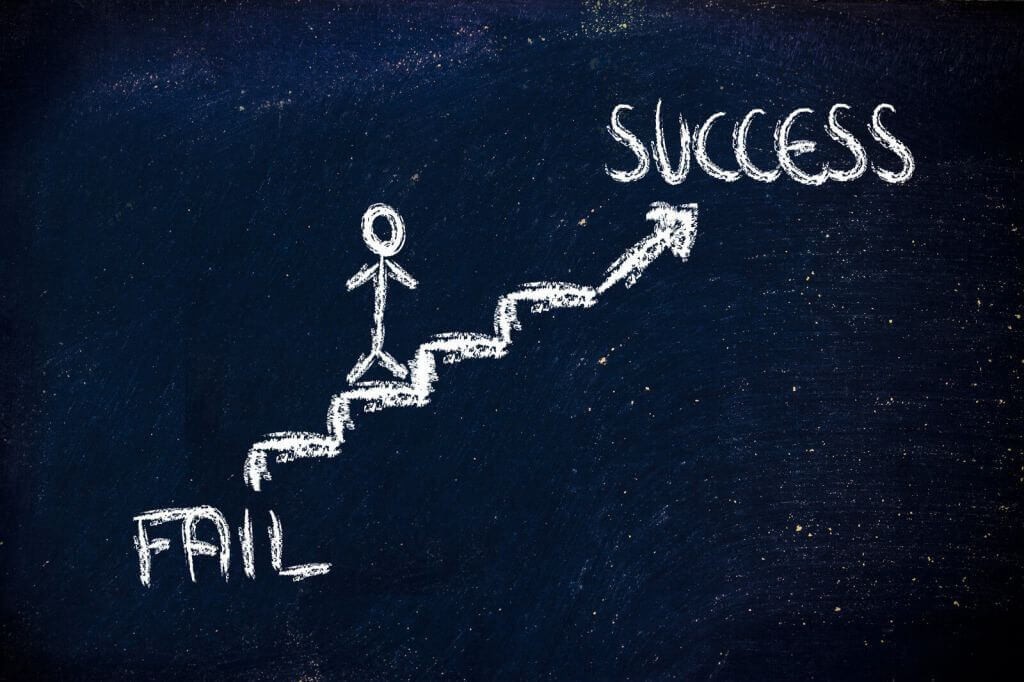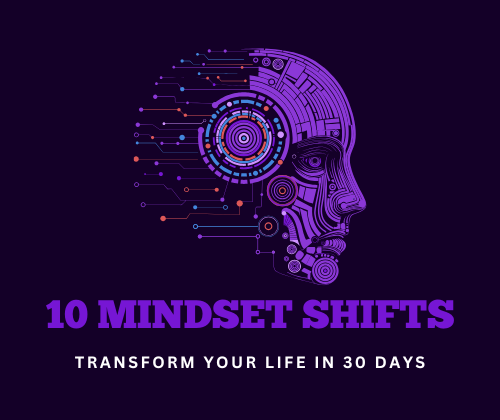In a world that constantly evolves, how we think and adapt can shape our life’s path. This idea is at the heart of the “growth mindset.” The concept, developed by psychologist Carol Dweck, has gained momentum as more people recognize its impact on personal and professional achievements. Whether you’re looking to advance in your career, improve relationships, or simply find greater satisfaction, adopting a growth mindset could be the key to unlocking success and happiness.
What is a Growth Mindset?
A growth mindset is the belief that abilities and intelligence are not fixed traits but can be developed through dedication and hard work. Carol Dweck introduced this idea, contrasting it with a “fixed mindset,” which assumes that talent and intelligence are static and unchangeable. People with a growth mindset believe that they can learn, evolve, and improve, which leads to higher resilience and motivation.
The Science Behind a Growth Mindset
Psychological research has repeatedly shown that adopting a growth mindset can have profound effects on the brain. Studies reveal that brain plasticity, the brain’s ability to reorganize itself by forming new neural connections, plays a crucial role in learning and personal development. This means that with a growth mindset, our brains are better equipped to embrace new skills and tackle challenges, fostering both mental flexibility and adaptability.
Growth Mindset vs. Fixed Mindset
A growth mindset and a fixed mindset differ in fundamental ways. People with a growth mindset approach challenges as learning experiences, while those with a fixed mindset may shy away from them, fearing failure. Here’s a quick comparison:
- Growth Mindset: Sees effort as a path to mastery, embraces challenges, persists in the face of setbacks.
- Fixed Mindset: Believes talent alone leads to success, avoids challenges, gives up easily.
Understanding these differences is essential in realizing the behaviors that may be holding you back and redirecting them towards growth.
Why a Growth Mindset Matters for Success
When it comes to career progression, a growth mindset is invaluable. People who believe they can improve tend to take on more responsibility, engage in continuous learning, and are more open to feedback. With each challenge, they grow stronger and more skilled, which increases their chances of success. This mindset encourages resilience, helping individuals to push past failure and view it as a stepping stone rather than a roadblock.
Why a Growth Mindset Matters for Happiness
A growth mindset contributes to happiness by promoting resilience and a positive outlook. Individuals who see failures as temporary and solvable are more likely to maintain optimism. This perspective can significantly reduce stress, as they view life’s obstacles as manageable rather than overwhelming. With a growth mindset, happiness isn’t about avoiding challenges but learning from them.
How a Growth Mindset Affects Personal Relationships
In personal relationships, a growth mindset can lead to healthier, more fulfilling connections. When both individuals believe in their potential to improve and grow, they’re more likely to work through issues constructively. Growth-minded people communicate better, show empathy, and actively work to improve their relationships. This attitude fosters strong bonds and helps prevent conflicts from escalating.
The Role of Failure in a Growth Mindset
For those with a growth mindset, failure is simply a part of the learning process. Icons like Thomas Edison and J.K. Rowling are prime examples of individuals who leveraged failure to ultimately succeed. Rather than giving up, they viewed setbacks as motivation to try harder. By reframing failure as a stepping stone, we can build the courage to persist even when things seem difficult.
Steps to Cultivate a Growth Mindset
Transitioning from a fixed to a growth mindset takes intention and practice. Here are some actionable steps:
- Embrace Challenges: View challenges as opportunities to learn rather than threats.
- Acknowledge and Learn from Failures: Analyze what went wrong and plan a new approach.
- Celebrate Effort: Recognize your hard work, regardless of the outcome.
- Surround Yourself with Growth-Minded Individuals: Being around others with a growth mindset can inspire you to keep evolving.
How to Instill a Growth Mindset in Children
A growth mindset is especially beneficial in childhood, setting the foundation for lifelong resilience and curiosity. Parents and teachers can help by encouraging effort, praising perseverance, and avoiding labels like “smart” or “talented.” Instead, they can emphasize the value of persistence and learning from mistakes, which helps children to believe that their abilities can grow with time.
Overcoming Common Challenges in Adopting a Growth Mindset
It’s natural to encounter hurdles when shifting to a growth mindset. Common obstacles include fear of failure, societal pressures, and self-doubt. To counter these, try setting small goals and celebrating incremental progress. Understanding that setbacks are a normal part of growth can also help prevent discouragement.
The Role of Mindfulness in Developing a Growth Mindset
Mindfulness complements a growth mindset by promoting self-awareness and focus. Techniques like meditation can help you stay present, reduce negative self-talk, and approach situations without judgment. This mental clarity fosters a growth-oriented perspective, allowing you to remain open to learning and change.
Examples of Growth Mindset in Real Life

Many successful individuals attribute their achievements to a growth mindset. From entrepreneurs like Elon Musk to athletes like Michael Jordan, these figures didn’t let obstacles hold them back. Their stories remind us that persistence and a willingness to grow are often more valuable than raw talent alone.
How to Maintain a Growth Mindset Long-Term
Sustaining a growth mindset requires regular reflection and adaptation. One way to maintain it is by setting personal goals, revisiting them, and making adjustments as needed. Stay connected with mentors or communities that value growth, as they can provide motivation and perspective.
Conclusion
Adopting a growth mindset can transform how you approach challenges, relationships, and personal development. By embracing this perspective, you’ll unlock a wealth of potential, resilience, and happiness that can lead to both professional and personal fulfillment. Remember, growth is a continuous journey; each day presents a new opportunity to learn and improve.
FAQs
- How does a growth mindset influence mental health?
- A growth mindset encourages resilience and optimism, which can reduce stress and promote mental well-being.
- Can anyone develop a growth mindset?
- Yes, with dedication and practice, anyone can shift their perspective towards growth.
- How long does it take to develop a growth mindset?
- It varies, but consistent effort and self-reflection can lead to gradual changes over time.
- Are there specific books that help with developing a growth mindset?
- Yes, books like Mindset by Carol Dweck and Grit by Angela Duckworth offer valuable insights.
- What are some activities to strengthen a growth mindset?
- Journaling, setting learning goals, and practicing mindfulness are great ways to support a growth mindset.
You might also like:
Think Like a Millionaire: The Money Mindset You Need for Success
From Casual to Classy: The Ultimate Guide to Men’s Fashion Essentials
10 Simple Fitness Tips That Will Transform Your Body in 30 Days
10 Proven Money-Making Strategies You Can Start Today!

